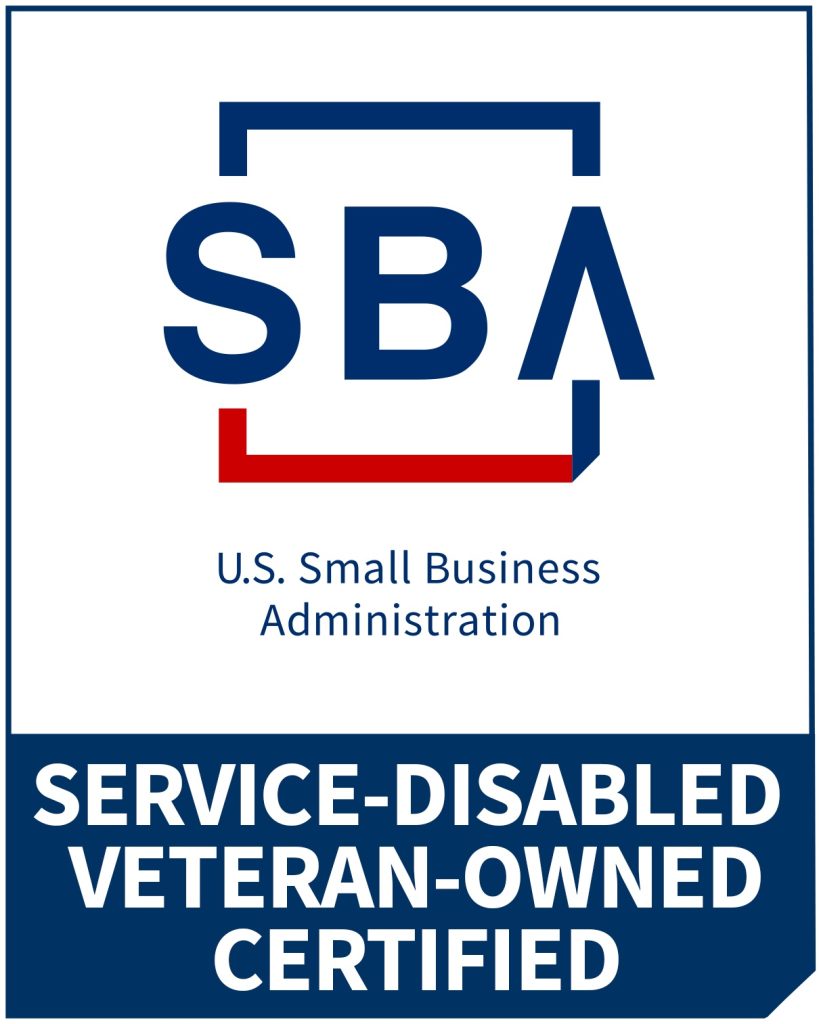Losing a job can feel like the rug’s been pulled out from under you. Whether you were laid off or fired, it shocks your system and can stir up emotions like anger, fear, and embarrassment. While job loss is a common experience in today’s economy, it still hits hard on a personal level. The key now is how you respond. Will you get stuck in counterproductive reactions or channel your energy into a positive comeback? This Leadership Brief offers guidance on both fronts: first by comparing unhealthy versus healthy responses to the setback, and then by outlining practical strategies to move forward and rebuild your career.
Productive vs. Non-Productive Responses to Job Loss
When the news first hits, it’s natural to feel upset and lost. But some immediate reactions can do more harm than good. For example, venting anger on social media or bad-mouthing your former employer might feel cathartic at the moment, yet it can damage your professional reputation and even risk any severance agreements. It’s usually wiser to pause and stay composed. Give yourself a day or two to process the shock before saying anything publicly. If you decide to share the news, keep it brief and gracious – for instance, noting that you’re proud of what you accomplished and are now open to new opportunities.
Likewise, try not to isolate yourself out of embarrassment. Many people lose jobs due to forces beyond their control, so there’s no shame in it. Reaching out to friends, family, or trusted colleagues for support can remind you that you’re not alone and help you regain confidence. Another impulse to resist is panicked job-hunting the very next day. Firing off dozens of applications immediately, without a plan, can lead to burnout and sloppy mistakes. A more productive approach is to take a deep breath, gather your thoughts, and make a game plan for your search. In short, avoid rash reactions driven by anger or fear – instead, aim to respond with patience, professionalism, and perspective.
Equally important is taking care of yourself during this turbulent time. Losing your job can take an emotional and physical toll, so falling into unhealthy habits is a risk. You might be tempted to stay in bed all day or calm your nerves with alcohol, but neglecting your well-being will only make it harder to bounce back. Make a point to maintain a routine: wake up at a normal hour, get some exercise (even a short walk can clear your head), and eat regular, healthy meals. Self-care isn’t selfish right now – it’s crucial. Staying active and connected will improve your mindset. If stress or sadness becomes overwhelming, consider talking to a counselor or joining a support group for job seekers. Such healthy coping strategies will keep you resilient and ready to tackle the challenges ahead, whereas unproductive ones (like isolation or substance use) will just prolong the pain.
Strategies for Moving Forward
After you’ve taken a little time to regroup, it’s time to look ahead and get proactive. Start by making a concrete game plan for your job search. Set some achievable goals to give yourself direction and momentum. For example, you might decide to refresh your résumé and LinkedIn profile in the next few days, then aim to send out a certain number of well-tailored applications each week. Updating your résumé is not just busywork – it’s a chance to remind yourself of your accomplishments and present them in the best light. Highlight key achievements and skills from your last role (and previous jobs) that would impress a new employer.
On LinkedIn, consider adding an “Open to Work” badge or simply updating your profile to indicate you’re seeking opportunities. You don’t necessarily need to broadcast the details of your layoff; just make sure anyone who looks you up can tell you’re active and available. As part of your plan, prepare for interviews too. Think about how you’ll explain your job loss briefly and positively if asked. Practice a calm, matter-of-fact explanation (e.g., “My company went through layoffs and my position was eliminated”) and then steer the conversation toward your strengths and enthusiasm for what’s next. Having a plan and being prepared will replace some of that post-layoff anxiety with a sense of purpose.
Next, put major emphasis on networking. Many jobs are landed through personal connections and the “hidden job market” rather than online applications alone. Let former colleagues, mentors, and friends know you’re looking and what you’re looking for. This isn’t asking for pity – it’s tapping into professional communities’ natural support system. People are often happy to refer you or alert you to openings, especially if you’ve built good relationships over the years. Reconnect with old coworkers over coffee or send a friendly email to contacts in your industry. Attend networking events (even virtual ones) and consider joining professional groups related to your field.
When networking, prepare a concise “elevator pitch” about yourself, focusing on your skills and what you’re seeking. For instance, you might say, “I was a project manager at X Company and managed client campaigns for five years. I’m now looking for a new opportunity to lead projects in marketing or tech – let me know if you hear of anything that might be a fit.” By being specific about your goals and upbeat about your experience, you make it easier for others to help you. Remember to also utilize online networking: engage in industry forums or LinkedIn discussions, and don’t hesitate to message people (politely) at companies you’re interested in. A personal connection or recommendation can often get you an interview that a cold application might miss.
Finally, focus on staying resilient and open-minded as you chart your next steps. Job searching can take time, and there may be rejections or weeks of silence that test your patience. This is when emotional resilience is crucial. Keep a routine to structure your days, celebrate small wins (like finishing a great cover letter or getting a call-back), and don’t take rejection personally. Remind yourself that a “no” from one company doesn’t mean no one will hire you – it only takes one “yes” to move forward. Use any extra time to invest in yourself. Consider learning new skills or earning a certification if it aligns with your career goals; there are many online courses that could strengthen your résumé and confidence.
You might also explore alternative paths such as freelancing or consulting in your field. Taking on a short freelance project can provide income, expand your portfolio, and sometimes even lead to a full-time offer. And if you’ve been contemplating a career pivot, now could be a good moment to research and test the waters. For example, if you’re thinking of moving into a different industry, try reaching out to someone in that field for an informational interview or take an introductory course to build relevant skills. Throughout this process, be kind to yourself. Stay connected with supportive people, keep up healthy habits, and maintain perspective on the bigger picture. A job loss can feel like a door slamming shut, but with persistence and a willingness to adapt, you can find another door opening – perhaps to an opportunity you hadn’t imagined before.
Conclusion
Losing a job is never easy, but it’s also not the end of your story. By avoiding the knee-jerk reactions that can make things worse – like public venting, retreating into isolation, or scrambling without a plan – you give yourself a solid foundation to recover. Instead, focus on the productive responses: stay connected with people who can help, take care of your well-being, and approach your next steps with a clear strategy. This kind of resilience and proactive thinking will help you land your next opportunity and show future employers (and yourself) what you’re capable of. Many people find that a layoff or firing, while painful, eventually led them to new growth or even a better career fit. You can turn this setback into a stepping stone with patience, support, and a forward-looking mindset. Better days – and perhaps even your dream job – are ahead.
Go out and Lead!



